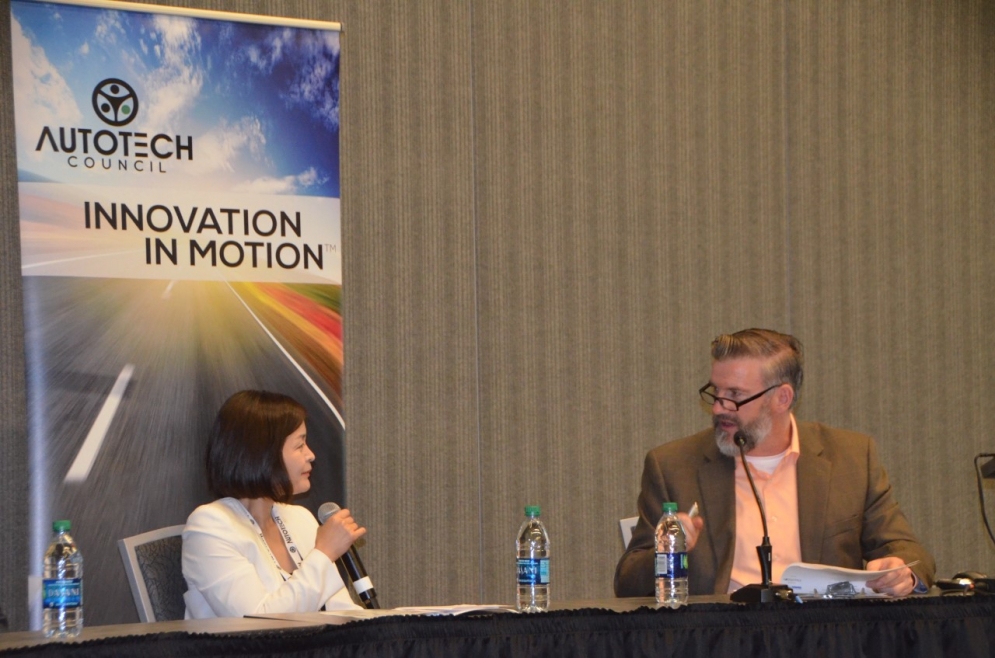“We are optimizing our sensor fusion technology, utilizing cameras and LiDAR sensors. This will generate much richer data about objects on the road, another critical aspect of successfully bringing fully autonomous vehicles to the consumer,” Lee said. “Another area being pursued is skeleton detection, which will provide necessary data to predict pedestrian behaviors.”
Lee also spoke about StradVision’s growth in China, Japan and Germany, with plans to grow in the U.S.A. and India.StradVision, a pioneer in vision processing technology and deep-learning software, provides the underpinning that allows Advanced Driver Assistance Systems (ADAS) in self-driving vehicles to reach the next level of safety, accuracy and convenience.
StradVision has attracted investment from leading industry players including LG Electronics and Hyundai Motor Company, and self-driving vehicles running StradVision’s deep learning-based software will soon be on the road in China.
StradVision’s SVNet software provides real-time feedback, detects obstacles in blind spots, and alerts drivers to potential accidents. SVNet also prevents collisions by detecting lanes, abrupt lane changes and vehicle speeds, even in poor lighting and weather conditions.
StradVision works with automotive OEMs and Tier 1 suppliers to enable functions such as Automatic Emergency Braking via front camera, Blind Spot Detection via rear camera, and its softwarecan help create automated valet parking systems.
— Press release courtesy of StradVision



